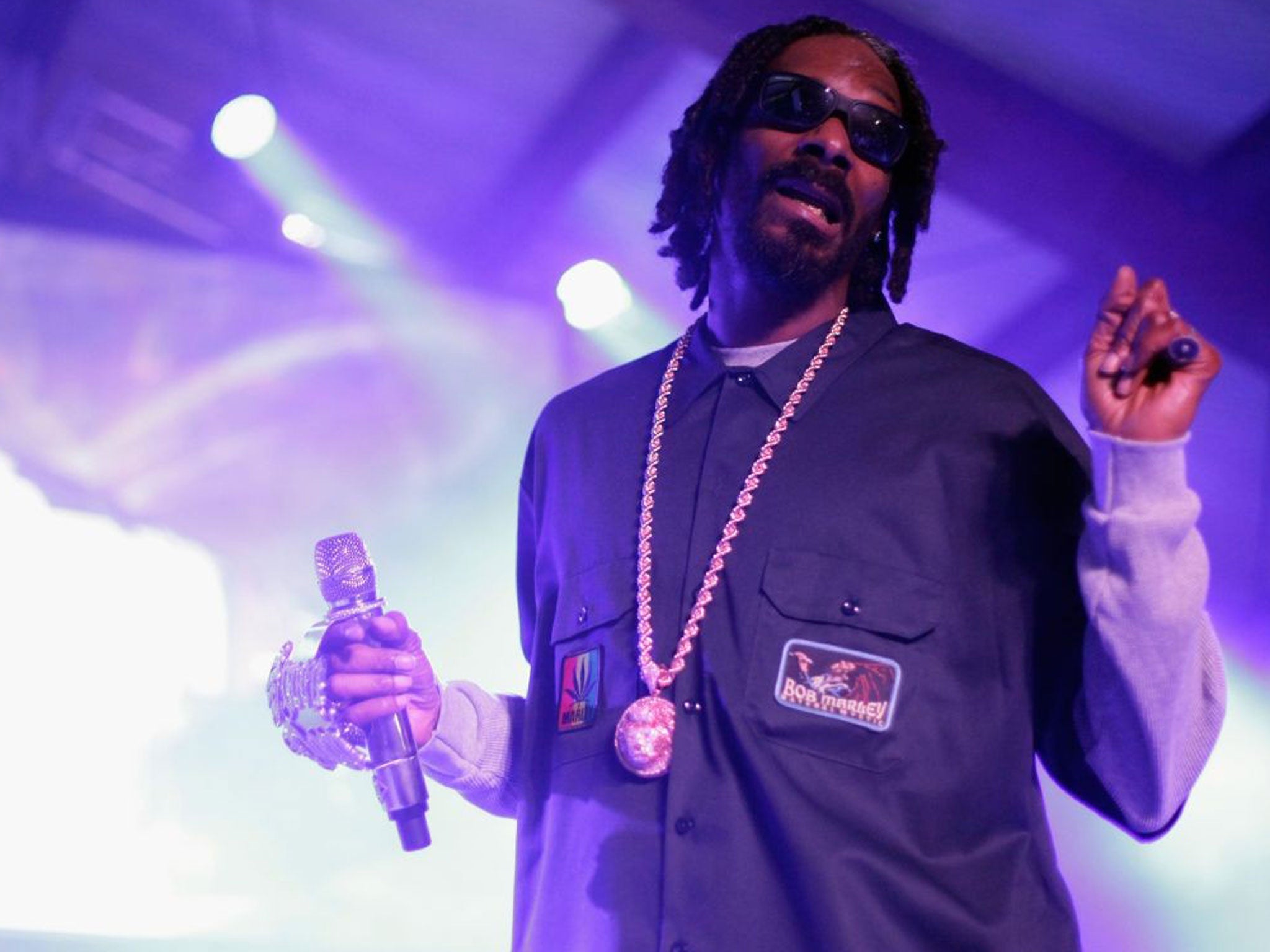Facebook's pay-to-message service puts a price tag on all our heads
But remember this isn't just an online version of our offline social life

What price - in pounds and pence - would your social network fetch? You may not want to answer that (and of course it’s just a set-up) but the bottom-line is some people – even if they’re entirely unpossessed of real friends - have more economically valuable social circles than others. Maybe they know a member of the cabinet and a member of JLS. Maybe they party with Frank Ocean and bother Jonathan Franzen. Top bracket socialites would probably put a price on their contacts book some way over £100,000. Those of us who feel defensive about our own "real" relationships might not want to set the figure any lower – but an external judge certainly would.
And one has arrived to prove it. Facebook announced on the weekend it will start charging users to send messages to strangers, with a fee set by one of those submerged and loosely ominous ‘algorithims’. The metrics haven’t been made public, but price points revealed so far have an enjoyable crudeness to them: it will cost £10.68 to message Tom Daley, £10.08 for Snoop Dogg, and 71p – the standard rate - for health secretary Jeremy Hunt.
For Facebook, who have struggled to turn their 1 billion-strong user base into a consistent source of revenue, the positives of this move are obvious (“cash money money!”). There are also a cluster of bonuses for users. Tweeting a stranger is a bit like whistling at them on the street. Being able to send a message directly to that stranger’s personal inbox is more like standing in their way and talking face-to-face. They don’t necessarily have to stop, but it’s a little harder to tune out.
In practice and in principle, however, there's room for mild nervousness here. Where for example do you draw the line between a bona fide celebrity (your Snoop Doggs) and someone more locally famous (my Stellas)? How would you feel if it turned out a close friend of yours – a social gadfly - was rated by Facebook at ten times your own value? Once you start putting price tags on users there’s no clear place to draw the line.
It’s also easy to raise the more abstract objection that whereas before Facebook only sold space on its site, now it seems to be selling people. Should this be taken as totally OK? The philosopher Michael Sandel has written of how far the market has already crept into elements of human existence where perhaps it has no place. Today for example you can buy an Indian to carry your baby for $8,000, and under-achieving Dallas school-children receive $2 for every book they read.
Such principled concern can be knocked on the head quite simply in the case of Facebook, however. The site is not just an online version of your offline social life. It is not something to which we have a natural right. It is a service provided by a company that exists to make money. Terms and conditions apply. If it all starts to make you feel cheap, well, there’s probably a vacancy on next year’s Big Brother…

Join our commenting forum
Join thought-provoking conversations, follow other Independent readers and see their replies